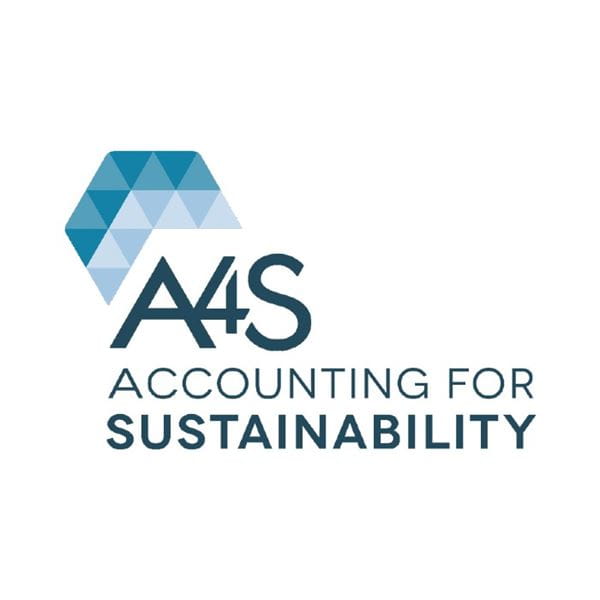
What are the greatest challenges facing CFOs today?
In a word: volatility. I think the biggest challenge facing CFOs at the moment is volatility, and you can see it wherever you look. Whether that be with FX rates, interest rates, governmental tax policy, or the labour market, the consequence of this volatility is that planning becomes much more difficult and you have to be extremely quick on your feet.
I think this feeds into the way that the role is changing, too. When I first started in CFO roles, there wasn’t the same pressure to act immediately, whereas today the speed with which things move necessitates a much quicker response. In the past you could investigate over a period of time before coming back with some thoughts and the results of your digging. Now, you need to have the data available to make quick decisions; you no longer have the luxury of time when something is raised.
When I first started in CFO roles, there wasn’t the same pressure to act immediately.
What is uniquely within the gift of the CFO?
I was brought up in a world where everything the CFO touched – and, indeed, everything the business did – was being done for shareholders’ benefit and everything else was pretty optional as long as you delivered for shareholders. Since then, we’ve absolutely moved away from that to focus instead on a much broader set of stakeholder groups. I think this provides an opportunity for the CFO to play a role in balancing stakeholders’ competing needs and demands. The CFO is in a privileged position, with access to data from across the business, and that allows them to bring that wider perspective. Another division, for example, that doesn’t have access to all the data, may focus on one stakeholder group at another’s expense.
The CFO is in a privileged position, with access to data from across the business, and that allows them to bring that wider perspective.
Another unique aspect of the CFO’s role is their ability to smooth out the peaks and troughs in the volatility of every business cycle by keeping things in perspective. I think there’s a real danger of getting carried away when things are going well and you’re hitting targets or getting very disheartened when things are going badly.
In my view, neither is right. When things are going well you should be thinking about what’s coming around the corner. In difficult times there is normally a way through if you come up with a plan and stick to it by focusing on what’s important – you can get through some tricky situations if you stay calm and follow this. The CFO can be a crucial aspect of this, again by using their access to information to keep things in perspective and help everyone focus on what’s truly important.
What are the societal issues that keep you awake at night?
Diversity and inclusion is on my mind. Thinking back twenty years or so ago, companies like ours all tended to mainly recruit from Oxford and Cambridge; since then, many have thankfully woken up to the risks of this.
On the one hand, there’s a moral argument for equality of opportunity regardless of your background. On the other hand, there’s a business imperative: you’re wilfully missing out on a whole bunch of talent, and the benefit that diversity of thought brings. Although there’s generally been an improvement in the way we think about diversity and act on it, it’s clear that we still have a long way to go.
What can businesses do to help address these issues?
One of the things we can do is support employees who are passionate about making a difference beyond their day-to-day work. So, at Alfa, we have Employee Resource Groups that are run by groups of colleagues who have a common interest or passion and want to do something about it. We feel it is really important that these are not top-down initiatives - senior management is only involved for support and guidance, and to provide access to resources when needed.
Last year, we also formed an ESG steering committee, which I sit on, to help us be more coordinated across the business. The committee keeps an eye on what the communities are doing and it provides a forum where they can raise issues. We realised that, whilst we were quietly getting on with what we felt was right, this wasn’t necessarily evident in our reporting. So, we’ve formed the committee as part of an effort to track our activity here and we’ve also done work to improve our reporting on it.
Another way businesses can effect change with regard to these societal issues is to lead by example and by doing the right thing. For instance, we’ve recently decided that our annual employee conference, which was meant to be in Portugal, will be in Brighton this year. On reflection, we couldn’t justify the environmental impact of putting 300 people on a plane and flying them over the continent when we could just as easily host it nearer to home and cut down on emissions. By setting an example you demonstrate that you are taking the issue seriously and that it is a priority for you.
By setting an example you demonstrate that you are taking the issue seriously and that it is a priority for you.
How CFOs create a fairer future
Read more interviews on how the CFO role is changing and access our toolkit to support CFOs navigate the new demands they're facing.

Our partners
- Net zero is a chance to say yes
- The power to instigate change lies with corporates
- We’re trying to make sure that what we say aligns exactly with what we do
- The perennial challenge is taking data to information, to insight, to action
- One of the greatest challenges is making sense of that data so you can communicate it






